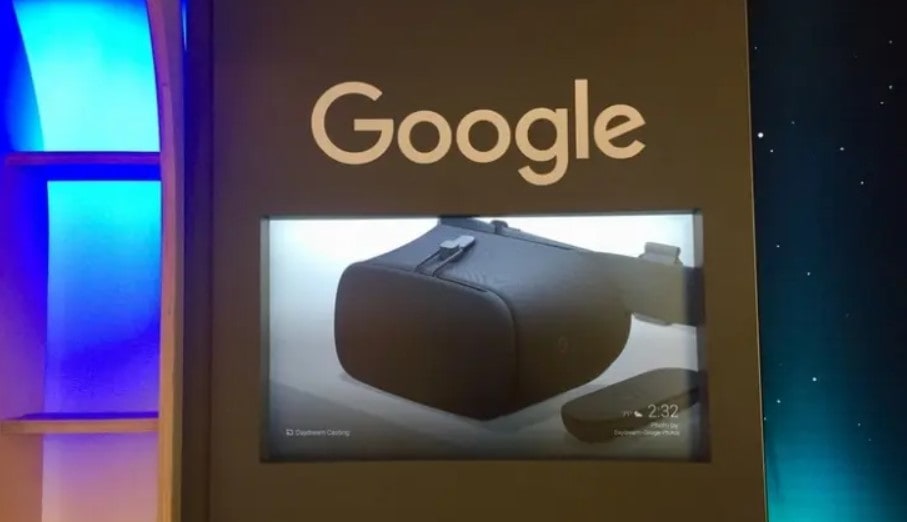Project Iris headset is the next big thing from Google with Augmented Reality (AR) to compete with; Metaverse and upcoming tech from Microsoft and Apple. Previously, the tech giant was in the plan to bring the DayDream VR headsets as well as Google Glasses.
Now, the boom of Augmented Reality might have changed the direction of the company to concentrate on the AR world making them join the league after Facebook, Microsoft, and Apple.
Project Iris Google’s Upcoming AR Headset Details
The codename of these new AR headsets is Project Iris and Google may use a similar type of outer camera technology. The outward cameras on the headsets will blend computer graphics with a feed of the real world.
The headset from Google will work wirelessly and doesn’t require any tethered connection as per the reports. Moreover, Project Iris will feature the Silicon technology chipset from the last year’s announced Pixel 6 smartphone.

This Augmented Reality headset from Google looks like a pair of “ski goggles” with cameras on them which doesn’t require external power. Furthermore, the specific chipset used on the headsets is the GS101 chipset; however, the graphic-intensive visuals are sourced from a different point.
This means the headset requires an active internet connection; that receives the data from the data centers that remotely render graphics.
As we have mentioned above the design of the prototype looks like the Ski Goggles; Google has revealed the team working behind the project. Besides, the Google Employee Clay Bavor that lead the Cardboard; DayDream VR as well as the recent big-time project of the company; Project Starline is working for this upcoming project.
Although, the release of this project is slated until 2024 which gives an ample time slot of two years for research and development.
The project along with Clay Bavor includes up to 300 more employees working on the Iris AR headsets along with the Google Assistant creator Scott Huffman. Moreover, the list goes on featuring Google AR operating systems senior director Mark Lucovsky; ARCore manager Shahram Izadi, and former light-field camera startup Lytro CTO Kurt Akeley.
There’s no correct information regarding the branding of this gadget as a Pixel device or not as of now.
